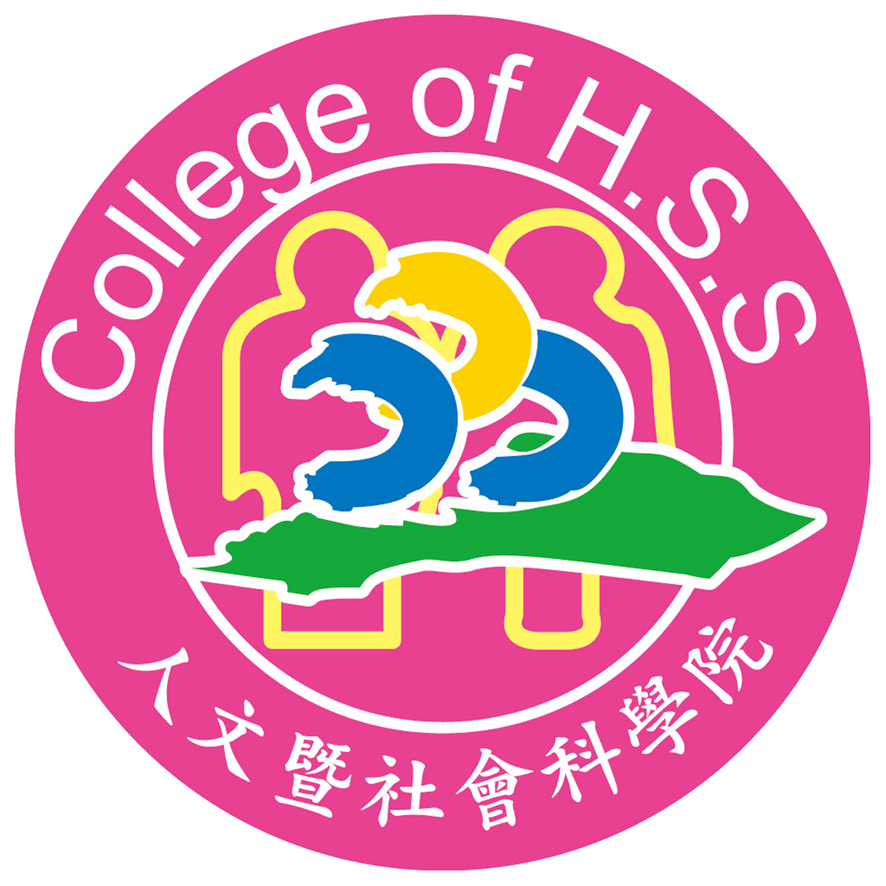Department
Introduction
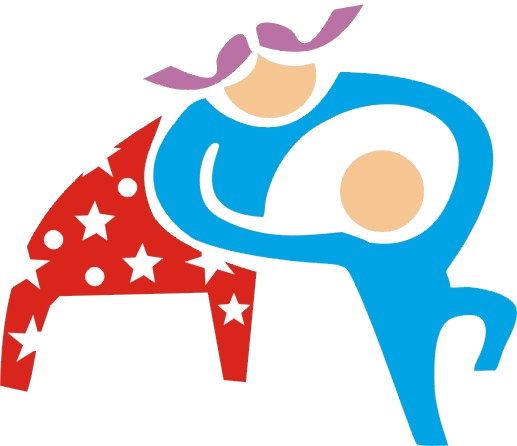
Educational goal
The Department of Child Care aims for fostering undergraduate and graduate students with expertise, sound values, and personality, and sets the following educational goals.
Undergraduate program
- Educate students with well-versed childcare knowledge, practice, and dedication.
- Foster students’ multiple perspectives and innovation across different children industries.
- Enhance students with collaborative problem-solving skills, communication, and humanistic care.
- Develop students’ global and cultural awareness toward the childcare issues.
Master’s program
- Educate students with well-versed childcare knowledge, practice, and dedication.
- Foster students’ multiple perspectives and innovation across different children industries.
- Enhance students with collaborative problem-solving skills, communication, and humanistic care.
- Develop students’ global and cultural awareness toward the childcare issues.
- Develop students’ ability to conduct childcare research.
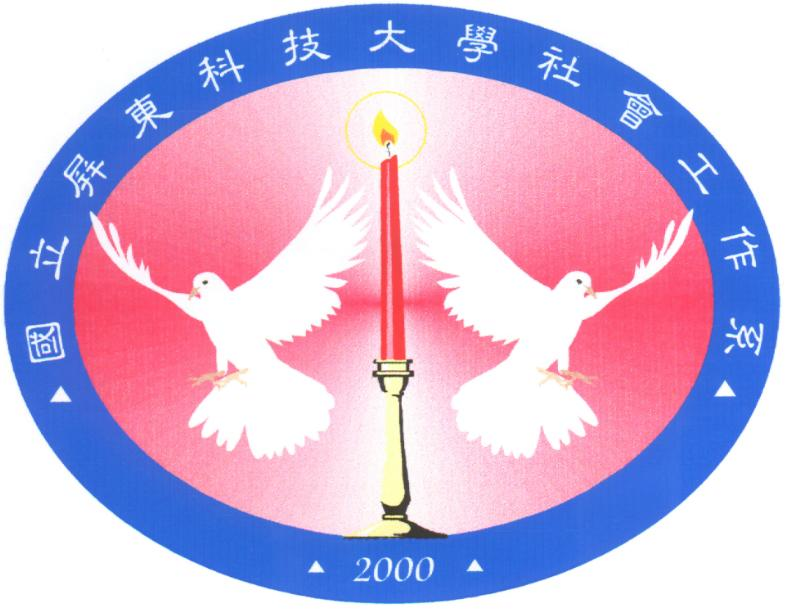
Educational Objectives
- Undergraduate Program
(1) Professional Development: Equipping students with professional knowledge and skills to strengthen their capacity in social work practice.
(2) Holistic perspective: Facilitating students’ interests in serving deprived populations and maintaining social justice, and to devote themselves to the social work profession.
(3) Internationalization: Cultivating students’ potentials in multiculturalism and lifelong learning through participating in overseas service learning and other opportunities.
- Master’s Program
(1) Professional Development: Enhancing students’ competence in social work theory, practice, and management.
(2) Holistic perspective: Enhancing students’ competence in working with deprived populations.
(3) Internationalization: Enhancing students’ competence in multiculturalism and international participation.
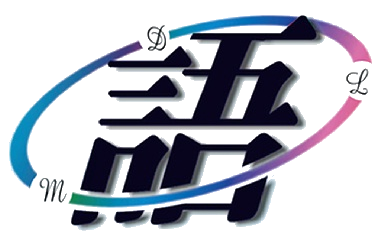
Educational goal
The Department of Modern Languages (DML) places equal emphases on both theory and practice, striving to improve students’ language proficiency and professional skills. With the mission to strengthen national capacities of students to meet the needs of globalization, the Department aims to train specialists in the following fields:
- Teaching English as a foreign language
- Commerce, international trade, and curation
- Translation, tourism, job training, and human resources
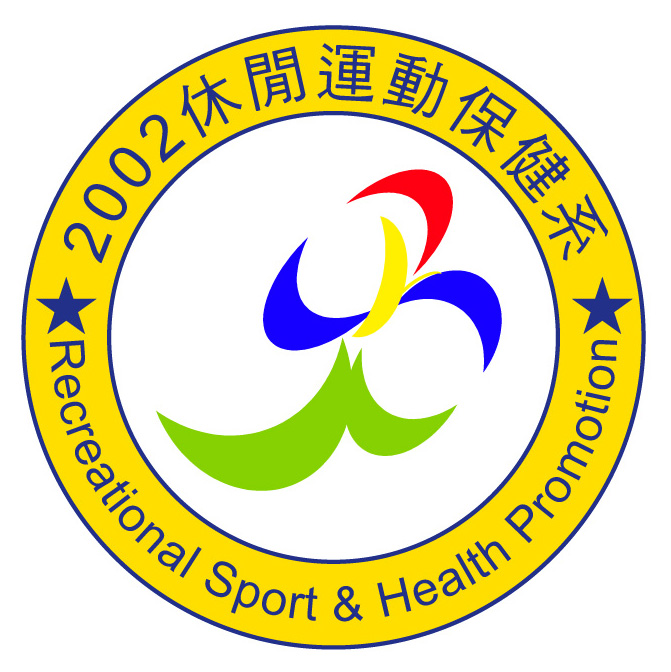
Educational goal
To cultivate recreational sports instructors and management professionals with the goal of “health” and “happiness”, and to nurture health promotion and recreational business planning professionals for all, in order to improve the overall quality of recreational sports.
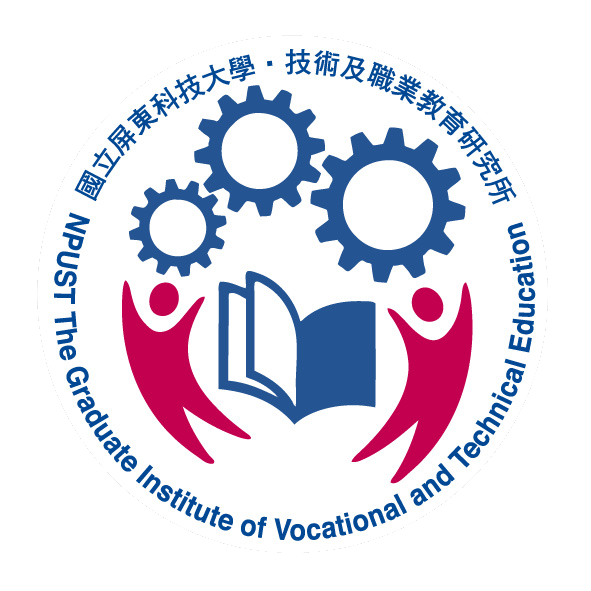
Educational goals
- Preparing students for being professional practitioners in technological and vocational education curriculum, instruction and administration
- Preparing students for being professional researchers in technological and vocational education curriculum, instruction and administration
- Preparing students for being professional practitioners in human resource training and development
- Preparing students for being professional researchers in human resource training and development
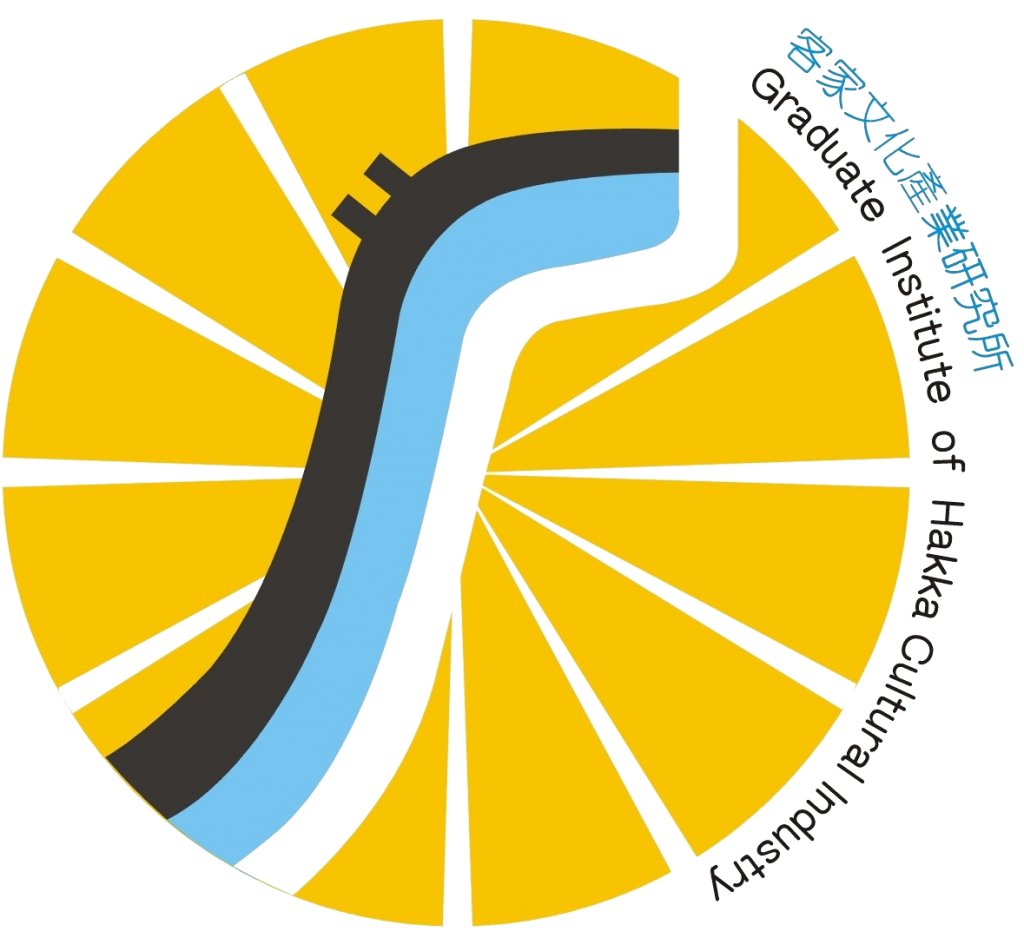
Educational goal
- To train professionals competent in Hakka cultural scholarship and knowledge, with humanistic care and a global perspective.
- To train professionals competent in both theory and practice in accordance with Hakka policy planning and demands of the industries.
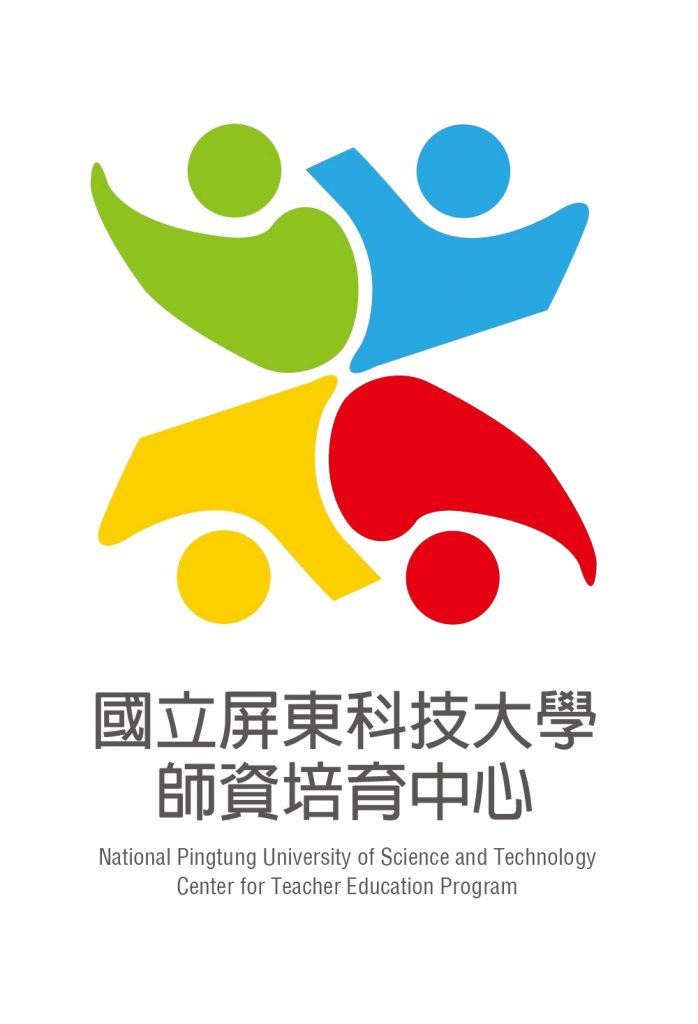
Educational goal
- Develop high school teachers with educational expertise.
- Cultivation of high school teachers with humanistic accomplishments.
- Cultivate high school teachers with internationalization and multiculturalism.
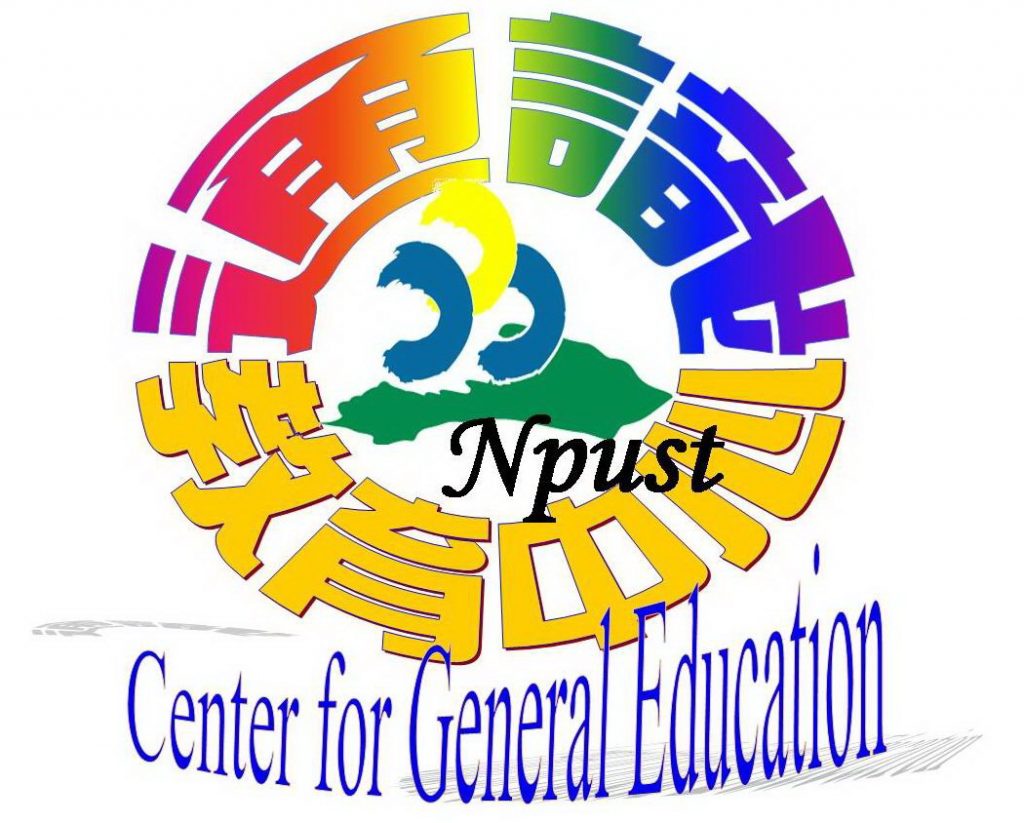
Educational Objectives
The objectives of the general center are “professionalization”, “internationalization”, and “ holistic education” based on the motto of the university, “benevolence and genuineness”. It is expected that professionals of technology are cultivated with specialized skills as well as knowledge in humanities.
Under the educational objective of “holistic education”, there are five sets of core competency.
- To engage in civil society.
- To develop aesthetic sense.
- To develop humanistic awareness and social adaptability.
- To acquire innovative leadership and interpersonal communication skills.
- To develop ethical and rational thinking.
Under the educational objective of “internationalization”, there are three sets of core competency.
- To acquire language skills.
- To cultivate cultural and scientific thinking.
- To think locally as well as globally.
